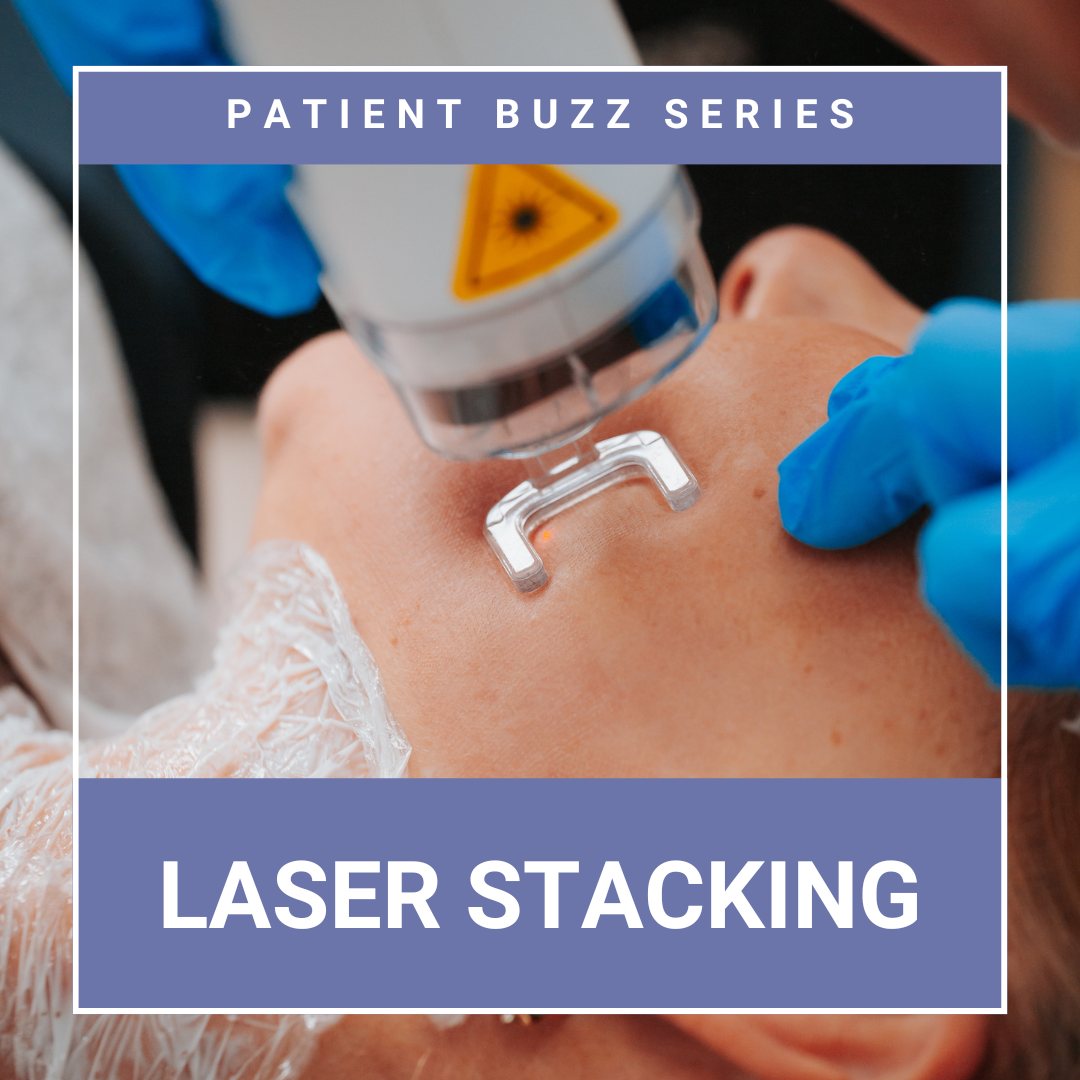Patient Buzz Series: What’s Buzzing in Skin, Hair & Self-Care Right Now
 This month’s Patient Buzz contains several articles that address basic skin and hair care questions. Time addressed whether people should use soap or cleanser when bathing. Dermatologists Drs. Erin Chen, Anthony Rossi, Rachel Nazarian, and Shilpi Khetarpal outlined the damage that soap can do to the skin, and the benefits of using cleansers in maintaining the skin barrier. The dermatologists als …
This month’s Patient Buzz contains several articles that address basic skin and hair care questions. Time addressed whether people should use soap or cleanser when bathing. Dermatologists Drs. Erin Chen, Anthony Rossi, Rachel Nazarian, and Shilpi Khetarpal outlined the damage that soap can do to the skin, and the benefits of using cleansers in maintaining the skin barrier. The dermatologists als …
 This month’s Patient Buzz contains several articles that address basic skin and hair care questions. Time addressed whether people should use soap or cleanser when bathing. Dermatologists Drs. Erin Chen, Anthony Rossi, Rachel Nazarian, and Shilpi Khetarpal outlined the damage that soap can do to the skin, and the benefits of using cleansers in maintaining the skin barrier. The dermatologists als …
This month’s Patient Buzz contains several articles that address basic skin and hair care questions. Time addressed whether people should use soap or cleanser when bathing. Dermatologists Drs. Erin Chen, Anthony Rossi, Rachel Nazarian, and Shilpi Khetarpal outlined the damage that soap can do to the skin, and the benefits of using cleansers in maintaining the skin barrier. The dermatologists als … Continue reading "Patient Buzz Series: What’s Buzzing in Skin, Hair & Self-Care Right Now"


 PureWow recently wrote an article about the “Accutane nose” effect. Users on social media claim Accutane use can lead to a slimmer nose – a subtle nose job. For an expert’s perspective on use of isotretinoin in 2025, I reached out to San Diego dermatologist Neal Bhatia, MD, FAAD.
Have you heard about "Accutane nose" and what are your thoughts on it?
I can’t say I’ve heard of it. It …
PureWow recently wrote an article about the “Accutane nose” effect. Users on social media claim Accutane use can lead to a slimmer nose – a subtle nose job. For an expert’s perspective on use of isotretinoin in 2025, I reached out to San Diego dermatologist Neal Bhatia, MD, FAAD.
Have you heard about "Accutane nose" and what are your thoughts on it?
I can’t say I’ve heard of it. It …  Light therapy has been making news in the consumer press for years, and there’s a new wavelength in the spotlight – green light. Women’s Health wrote about green light therapy, which emits at a range of 500-570nm, as a way to treat dark spots and inflammation. While this therapy is not commonly available in dermatologists’ offices and research is limited, some dermatologists are recommendi …
Light therapy has been making news in the consumer press for years, and there’s a new wavelength in the spotlight – green light. Women’s Health wrote about green light therapy, which emits at a range of 500-570nm, as a way to treat dark spots and inflammation. While this therapy is not commonly available in dermatologists’ offices and research is limited, some dermatologists are recommendi …  The consumer press places a greater emphasis on cosmetic procedures in the winter months, and this year is no exception. Forbes wrote about new skincare treatments to try, including Sofwave, which uses ultrasound to stimulate collagen and elastin. Miria, a new fractionated, non-ablative skin tightening and resurfacing treatment, was featured for its safety in darker skin tones. The article also co …
The consumer press places a greater emphasis on cosmetic procedures in the winter months, and this year is no exception. Forbes wrote about new skincare treatments to try, including Sofwave, which uses ultrasound to stimulate collagen and elastin. Miria, a new fractionated, non-ablative skin tightening and resurfacing treatment, was featured for its safety in darker skin tones. The article also co …  A trend that’s been growing in popularity in the consumer press is beef tallow skin care. In an article by Fox News, the founder of a tallow-based skincare company touted the high amount of nutrients in the product. She also said customers have claimed beef tallow helps with acne and psoriasis.
However, in a BuzzFeed article, dermatologist Dr. Anil Sharma said beef tallow may do more harm tha …
A trend that’s been growing in popularity in the consumer press is beef tallow skin care. In an article by Fox News, the founder of a tallow-based skincare company touted the high amount of nutrients in the product. She also said customers have claimed beef tallow helps with acne and psoriasis.
However, in a BuzzFeed article, dermatologist Dr. Anil Sharma said beef tallow may do more harm tha …